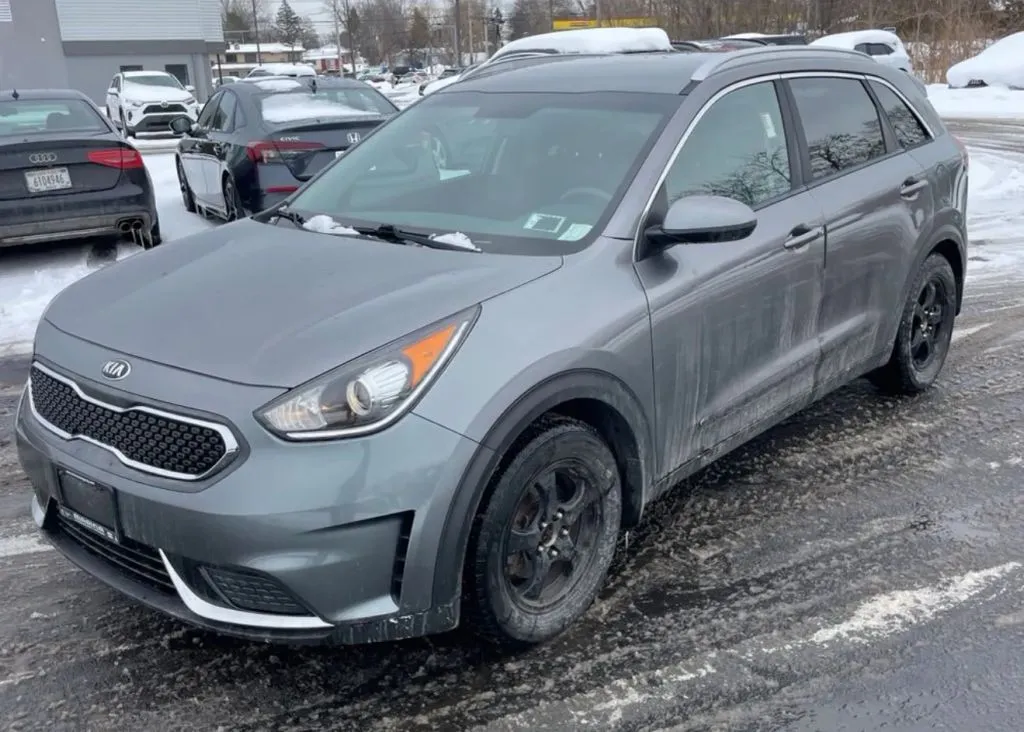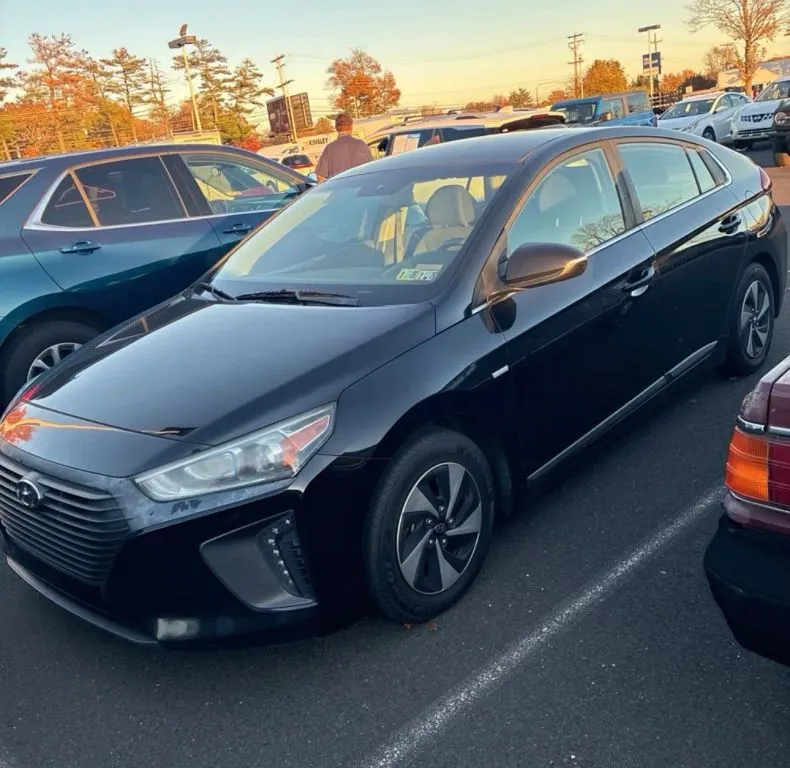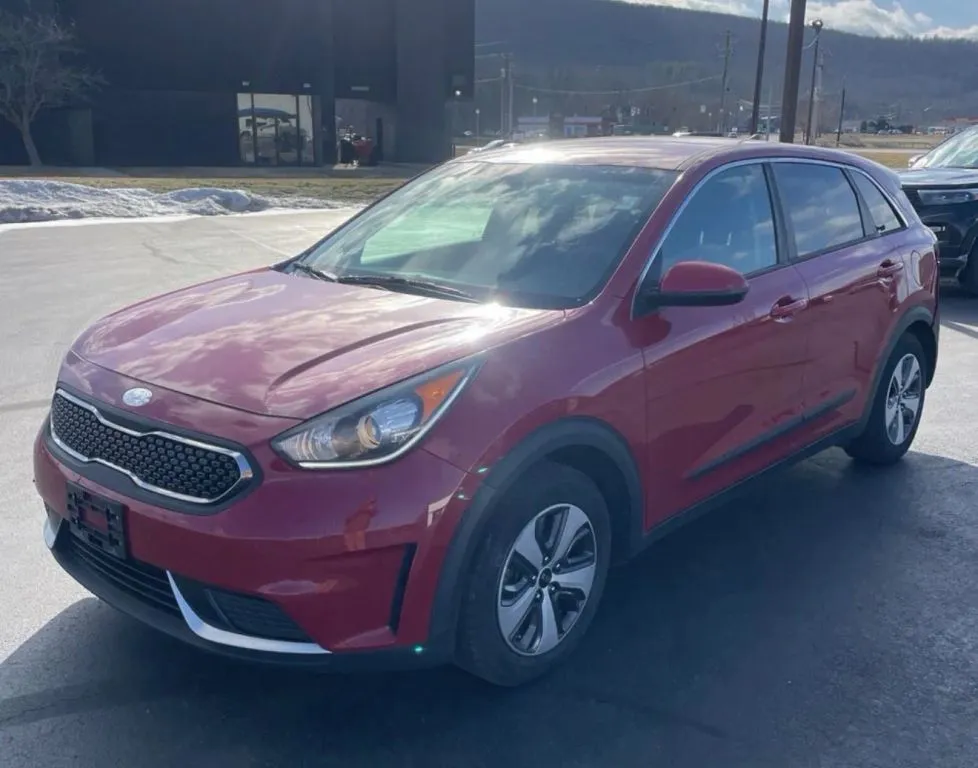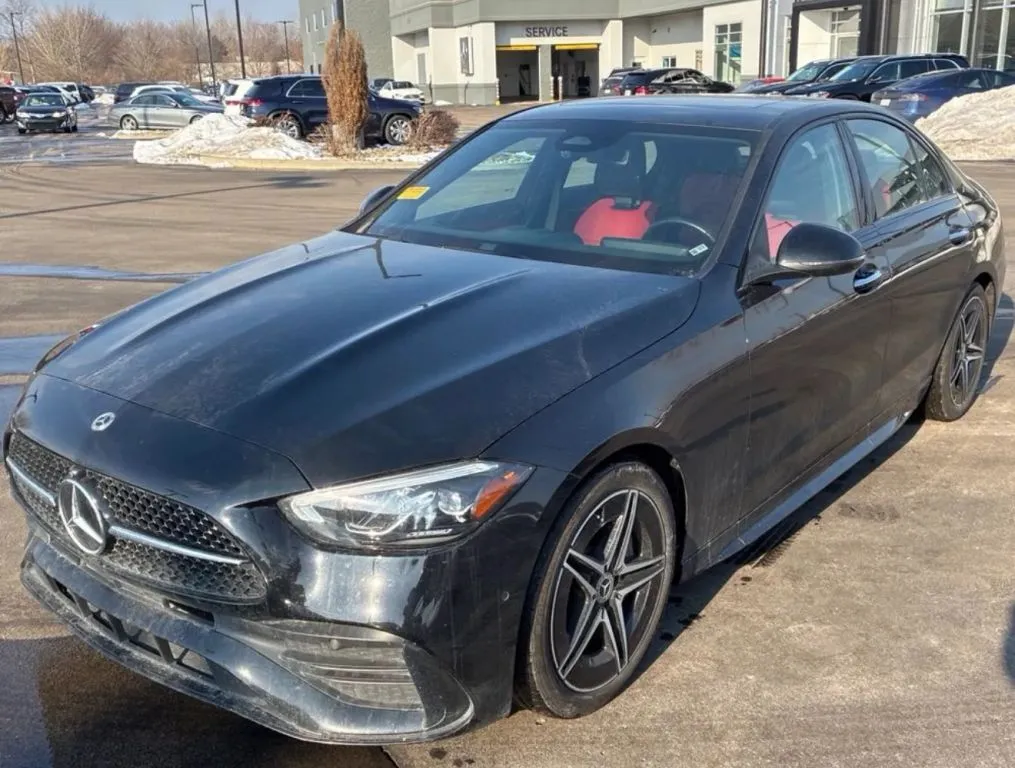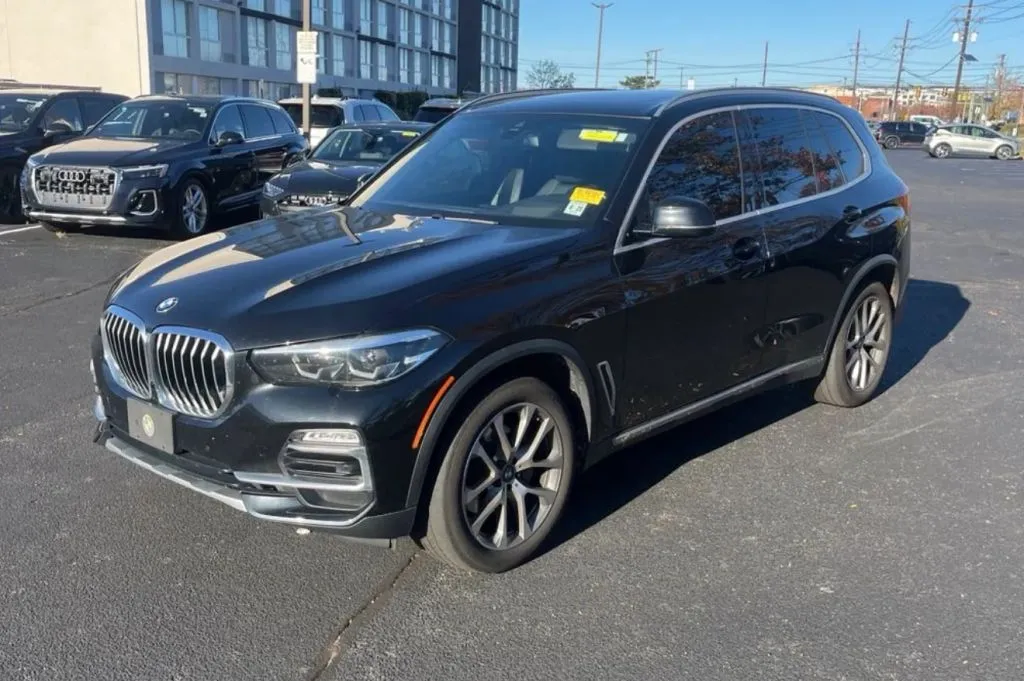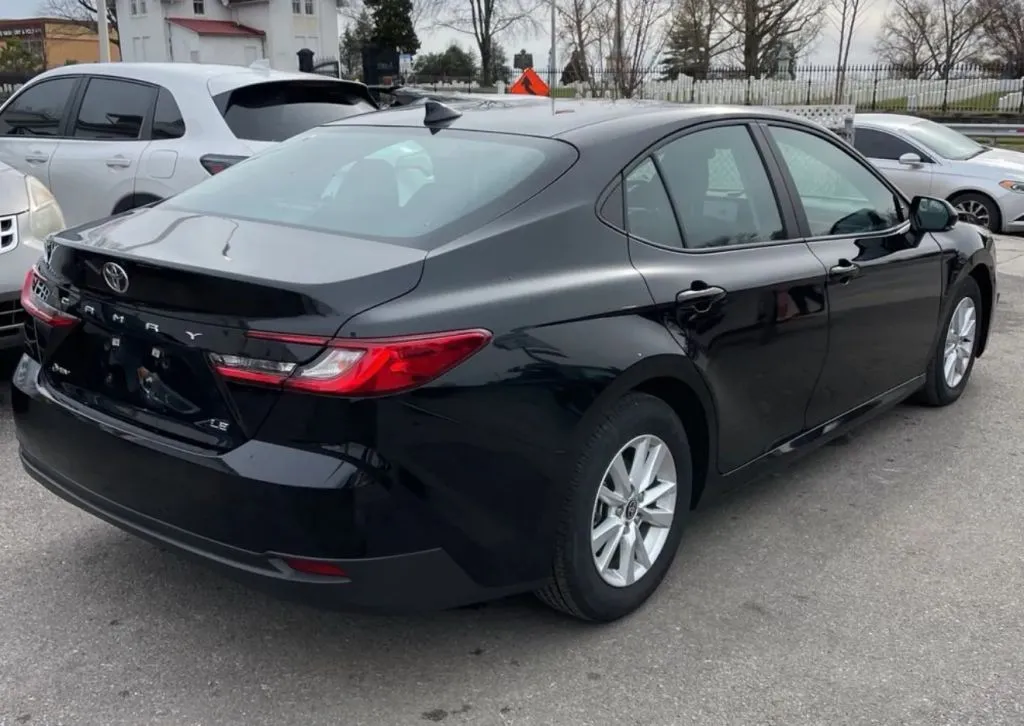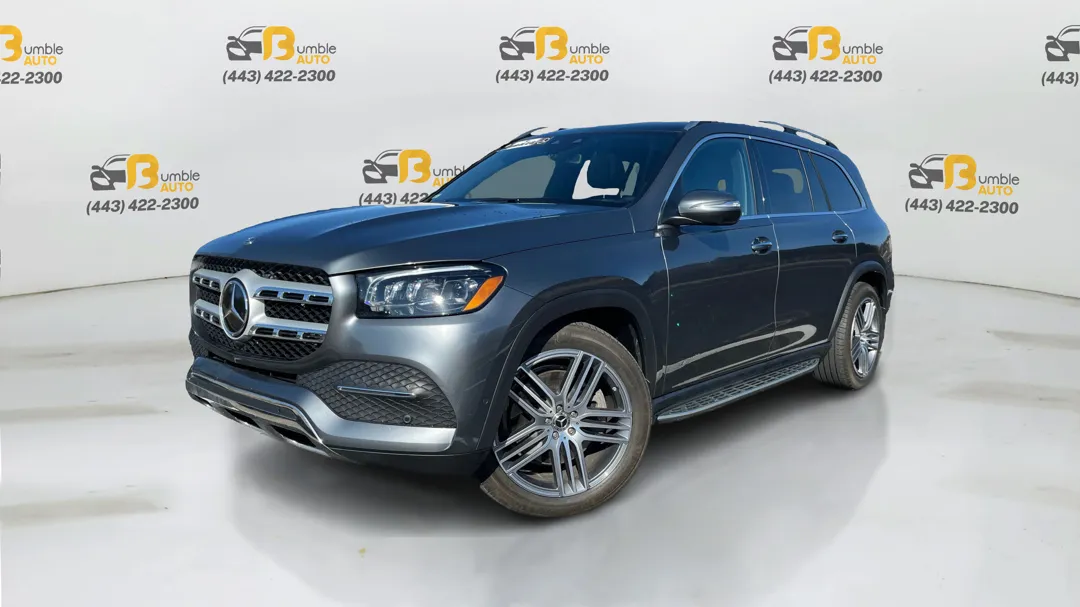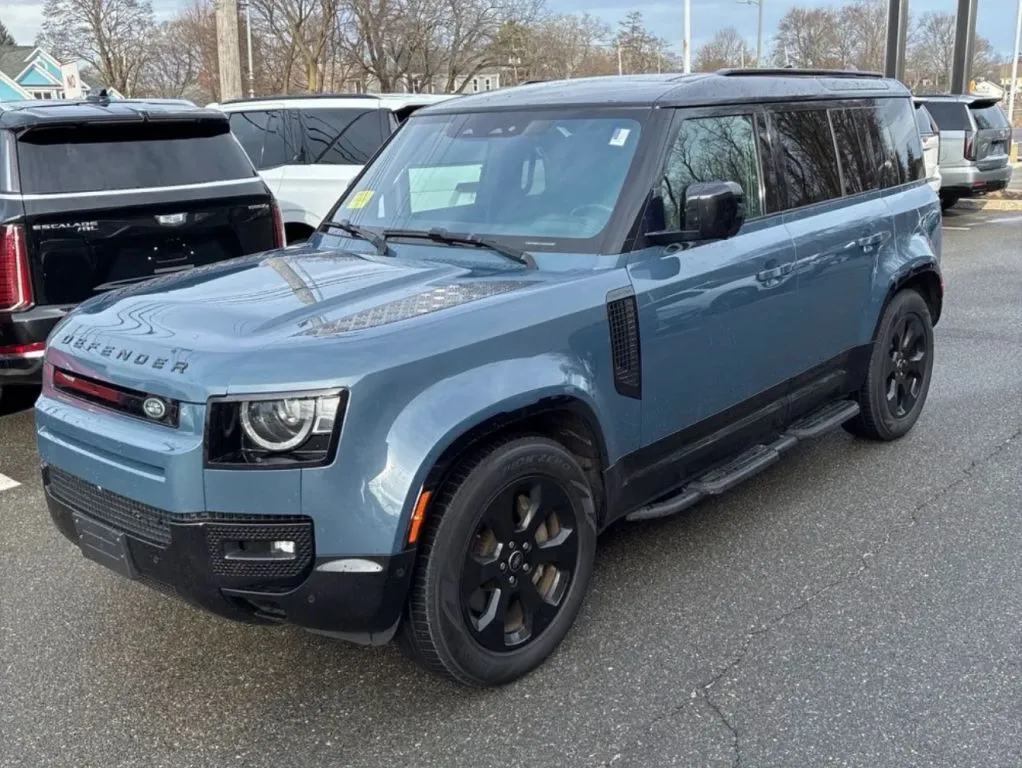Top 10 FAQs and Buyer Concerns for Used Cars in 2025: Your Ultimate Guide to Smart Purchasing!
Table of Contents
- Understanding the Used Car Market in 2025
- Common FAQs About Buying Used Cars in 2025
- 1. What Are the Benefits of Buying a Used Car?
- 2. Is It Safe to Buy a Used Car Online?
- 3. How Can I Ensure I’m Getting a Good Deal?
- 4. What Financing Options Are Available for Used Cars?
- 5. Should I Buy from a Dealership or a Private Seller?
- 6. What Is a Certified Pre-Owned (CPO) Vehicle, and Is It Worth It?
- 7. How Important Is the Vehicle’s Mileage?
- 8. Can I Trade In My Current Vehicle When Buying a Used Car?
- 9. What Additional Costs Should I Expect Beyond the Purchase Price?
- 10. How Can I Spot a Lemon or Avoid a Bad Purchase?
- How to Evaluate a Used Car's Condition
- 1. Conducting a Thorough Visual Inspection
- 2. Taking the Car for a Test Drive
- 3. Getting a Professional Inspection
- Conclusion: Making Informed Decisions in the Used Car Market

In 2025, the used car market is booming, offering an array of choices and opportunities for savvy buyers. However, navigating this landscape comes with its own set of challenges, from ensuring vehicle quality to understanding financing options. Have you ever wondered about the common concerns that buyers face or the questions that can guide your decision-making? This ultimate guide dives into the top 10 FAQs surrounding used cars, equipping you with the knowledge needed for a smart purchase. Whether you're a first-time buyer or a seasoned automotive enthusiast, understanding these key inquiries will empower you to make informed decisions. Join us as we unpack essential insights, dispel misconceptions, and arm you with vital information to help you confidently drive off in your ideal used car. Let’s get started on your journey to find the perfect vehicle without the hassle!
Understanding the Used Car Market in 2025

The used car market has seen significant evolution by 2025, driven by advancements in technology, changing consumer preferences, and economic factors. As new car prices continue to rise, more buyers are looking towards the used car market for affordable and reliable transportation options. This has led to a surge in the availability and variety of used vehicles, making it a buyer's market with plenty of choices. However, this increased selection also means that buyers need to be more discerning and informed than ever before.
One of the key factors influencing the used car market in 2025 is the proliferation of electric and hybrid vehicles. With many automakers shifting focus towards sustainable and eco-friendly options, a significant number of used electric and hybrid cars are now available for purchase. This shift not only provides buyers with more choices but also necessitates a deeper understanding of these technologies and their long-term costs and benefits. Learn how this trend evolved in our detailed post on used car prices in 2025, which breaks down factors influencing current values. Additionally, the integration of advanced driver-assistance systems (ADAS) and other tech features in newer models has trickled down to the used car market, offering buyers more sophisticated options.
Economic factors such as inflation, interest rates, and supply chain issues also play a crucial role in shaping the used car market. The COVID-19 pandemic had lasting impacts, leading to supply chain disruptions that affected new car production. This ripple effect increased the demand for used cars, pushing prices up. Understanding these market dynamics helps buyers navigate the landscape more effectively, ensuring they make informed decisions that align with their financial and practical needs.
Common FAQs About Buying Used Cars in 2025
Buying a used car in 2025 can feel overwhelming, especially with so many options and platforms available. If you're new to car shopping, don't miss our guide on 10 expert car sales tips that help you navigate used car buying with confidence. Whether you’re shopping online, at a dealership, or from a private seller, the process raises plenty of questions. To make things easier, we’ve compiled the top 10 FAQs and buyer concerns about used cars, with clear answers to help you make a confident and informed purchase.
1. What Are the Benefits of Buying a Used Car?
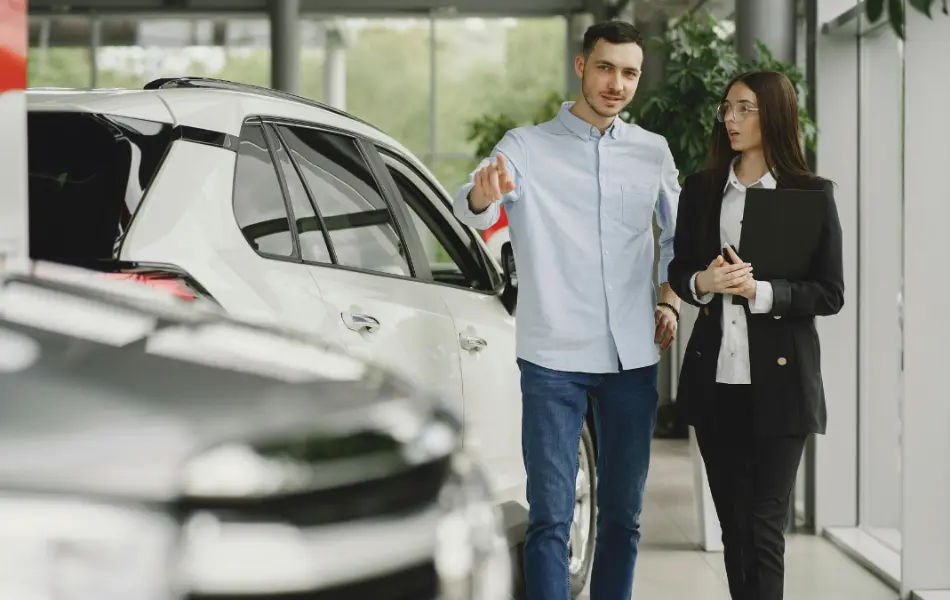
The biggest advantage of buying a used car is cost savings. Used vehicles are often available at a fraction of the price of new ones, and since they’ve already gone through the steep initial depreciation, their value tends to stabilize over time. This often means better resale potential and lower insurance premiums.
Another benefit is variety. The used market offers a wider range of makes and models—including discontinued ones—so you can find a car that fits your style and needs. With certified pre-owned (CPO) programs and vehicle history reports, buyers can shop confidently, knowing the car has been inspected and maintained.
Finally, buying used is also environmentally friendly. Extending the life of an existing vehicle reduces demand for new car production, helping lower the carbon footprint and conserving resources.
2. Is It Safe to Buy a Used Car Online?

Yes—if you use the right platforms. In 2025, online car marketplaces make it easier than ever to browse, compare, and purchase vehicles. Reputable sites provide detailed inspection reports, high-quality images, and even virtual test drives so buyers know exactly what they’re getting. Many also offer return policies or money-back guarantees for added peace of mind.
To stay safe, stick to trusted platforms with transparent seller information, use escrow services when possible, and avoid deals that feel rushed or suspicious. With these safeguards, online car shopping can be both convenient and secure.
3. How Can I Ensure I’m Getting a Good Deal?

Start by researching the car’s fair market value using tools like Kelley Blue Book or Edmunds. These resources give you price estimates based on the make, model, year, mileage, and condition. Then, review the vehicle history report to check for accidents, ownership changes, or mileage inconsistencies.
For extra protection, have a trusted mechanic perform an independent inspection to uncover hidden issues. And don’t forget—negotiation is part of the process. Armed with research and inspection results, you’ll have the leverage to get a fair deal. Check out our tips on how to get the best deal on used cars for practical negotiation tactics and value assessment tools. If the seller isn’t willing to negotiate, don’t be afraid to walk away—there are always other options available.
4. What Financing Options Are Available for Used Cars?

Most banks, credit unions, and online lenders offer loans for used vehicles. While interest rates can be slightly higher than new car loans, buyers with good credit can often secure competitive terms. Dealerships may also offer in-house financing, though it’s smart to compare rates before signing. For more insights, explore our breakdown of used car loan interest rates and what affects your approval chances. Exploring multiple financing options ensures you find the best fit for your budget.
5. Should I Buy from a Dealership or a Private Seller?

Dealerships typically provide certified pre-owned cars, warranties, and financing assistance, offering extra peace of mind—though often at a higher cost. Private sellers, on the other hand, usually have lower prices and more room for negotiation but fewer guarantees. The best choice depends on your priorities: if reliability and warranties matter most, go with a dealership; if cost savings and flexibility matter more, a private seller could be the right fit.
6. What Is a Certified Pre-Owned (CPO) Vehicle, and Is It Worth It?
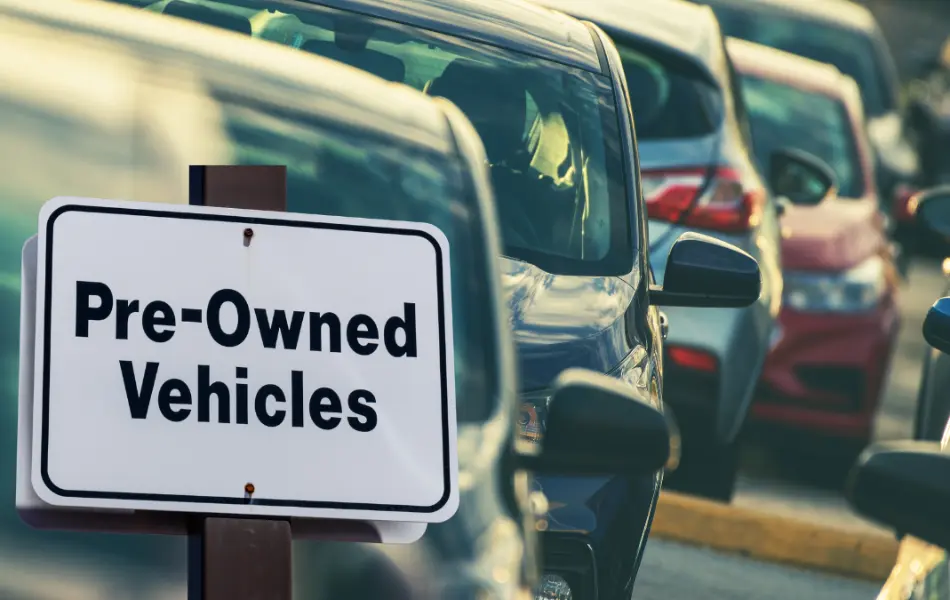
A is a used car that has been thoroughly inspected and refurbished by the manufacturer or dealership. These cars often come with extended warranties, roadside assistance, and additional benefits. While CPO vehicles cost more than standard used cars, they offer greater confidence and reliability—making them a smart option for buyers who want peace of mind without paying new-car prices.
7. How Important Is the Vehicle’s Mileage?
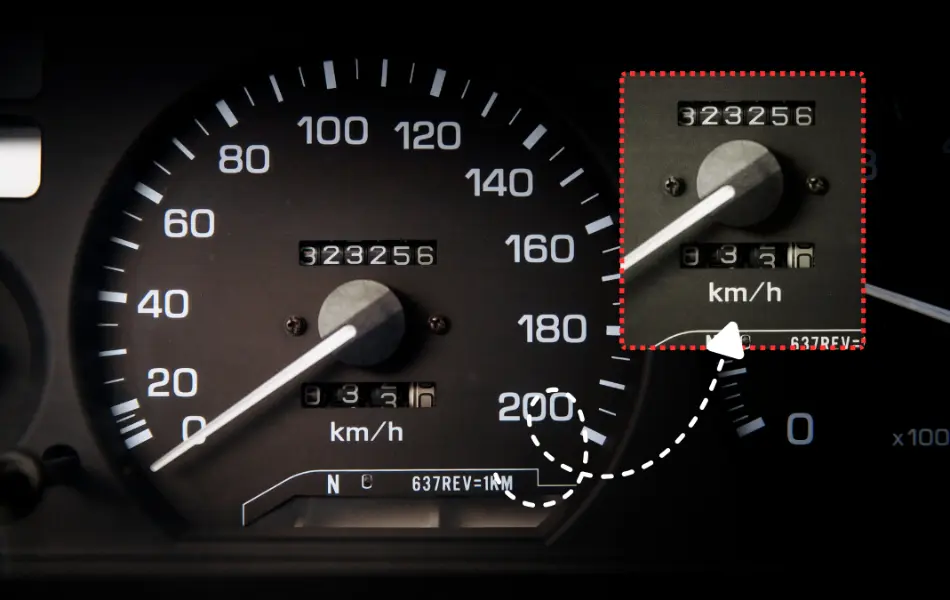
Mileage is a key factor, but it doesn’t tell the whole story. Lower mileage often means less wear and tear, but a well-maintained high-mileage vehicle can still be an excellent purchase. The car’s service history, accident record, and overall condition matter just as much—if not more—than the odometer reading.
8. Can I Trade In My Current Vehicle When Buying a Used Car?
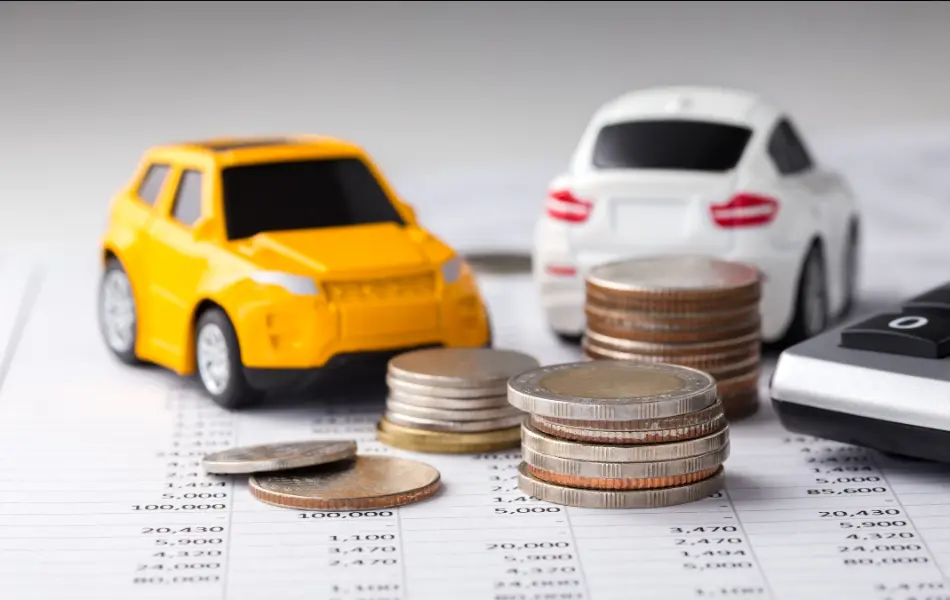
Yes, most dealerships accept trade-ins, and some online platforms make the process seamless. Trading in reduces the upfront cost of your next car, but it’s important to know your car’s value before negotiating. Learn more in our post on preparing your car for trade-in to ensure you get top dollar. Use appraisal tools from sites like Kelley Blue Book or Carfax to ensure you’re getting a fair offer.
9. What Additional Costs Should I Expect Beyond the Purchase Price?
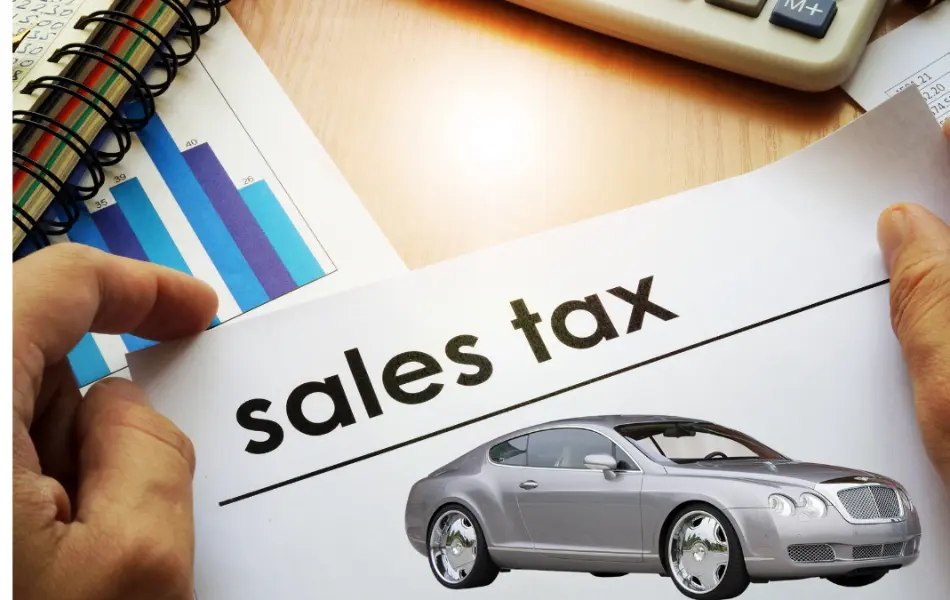
Beyond the sticker price, budget for sales tax, registration fees, title transfers, and insurance. Depending on the car’s condition, you may also need to set aside money for immediate maintenance, such as new tires, brakes, or fluids. Factoring in these extra costs upfront prevents financial surprises after purchase.
10. How Can I Spot a Lemon or Avoid a Bad Purchase?
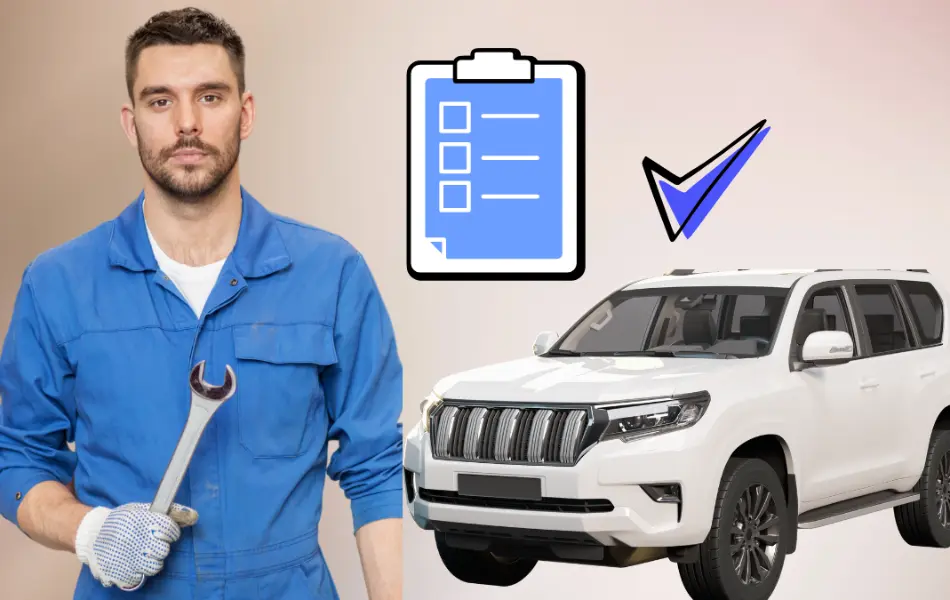
The best way to avoid buying a lemon is to do your homework. Always review the vehicle history report, verify maintenance records, and have the car inspected by an independent mechanic. Pay attention to red flags such as mismatched paint, unusual noises, or incomplete paperwork. Read our full checklist on must-dos after buying a used car to avoid buyer’s remorse. Reputable sellers will be upfront and transparent—if something feels off, trust your instincts and walk away.
How to Evaluate a Used Car's Condition
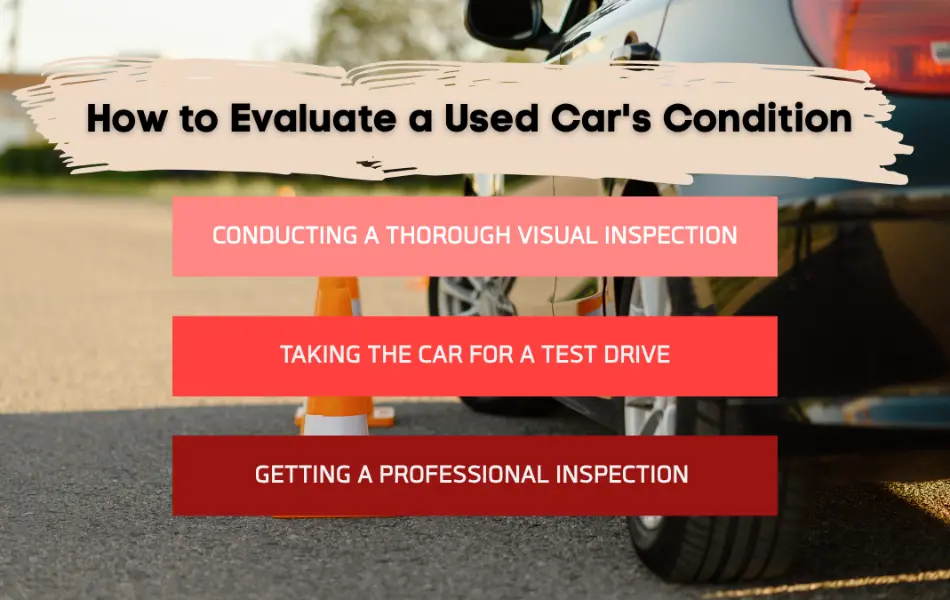
1. Conducting a Thorough Visual Inspection
A thorough visual inspection is the first step in evaluating a used car's condition. Start by examining the exterior for any signs of damage, rust, or mismatched paint. Pay special attention to the car's body panels, bumpers, and undercarriage. Look for any signs of previous repairs or bodywork, as these could indicate past accidents.
Next, inspect the interior for wear and tear. Check the condition of the seats, dashboard, and carpeting. Ensure that all electronic components, such as the infotainment system, air conditioning, and power windows, are functioning correctly. Take note of any unusual odors, as these could indicate water damage or mold.
Don't forget to check the tires for tread wear and ensure they are evenly worn. Uneven tire wear could indicate alignment issues or suspension problems. Additionally, inspect the engine bay for any signs of leaks, corrosion, or worn belts and hoses.
2. Taking the Car for a Test Drive
A test drive is essential for evaluating a used car's performance and identifying potential issues. Start by driving the car on various road types, including highways, city streets, and rough surfaces. This will give you a comprehensive understanding of how the car handles different driving conditions.
Pay close attention to the car's acceleration, braking, and steering. Ensure that the car accelerates smoothly and without hesitation. The brakes should be responsive and not make any unusual noises. The steering should feel tight and precise, without any excessive play or vibrations.
Listen for any unusual noises, such as clunking, rattling, or squeaking, which could indicate mechanical problems. Additionally, observe the car's ride quality and comfort. A bumpy or uncomfortable ride could suggest suspension issues or worn-out shocks and struts.
3. Getting a Professional Inspection
Even if a used car appears to be in good condition, it's always a good idea to get a professional inspection before making a purchase. A qualified mechanic can perform a detailed examination of the car's mechanical and electrical systems, identifying any potential issues that might not be visible during a test drive.
The mechanic will check the engine, transmission, brakes, suspension, and exhaust system for signs of wear and tear. They will also inspect the car's fluids, such as oil, coolant, and brake fluid, to ensure they are at appropriate levels and free of contaminants. Additionally, the mechanic will assess the car's electronic systems, including the battery, alternator, and onboard diagnostics.
Bumble Auto's professional Maryland safety inspection provides peace of mind and can save you from costly repairs down the line. If the mechanic identifies any issues, you can use this information to negotiate a fair price or decide whether to proceed with the purchase.
Conclusion: Making Informed Decisions in the Used Car Market
Navigating the used car market in 2025 requires a blend of research, vigilance, and strategic planning. By understanding the current market dynamics and key factors to consider, you can make informed decisions that align with your needs and budget. Thoroughly assessing the condition of a used car, reviewing its history, and exploring various financing options are critical steps in ensuring a smart purchase.
Negotiation skills and awareness of common pitfalls can further enhance your ability to secure the best deal. Certified Pre-Owned vehicles provide an added layer of assurance and value, making them a worthy consideration for many buyers. Ultimately, a smooth and successful used car buying experience hinges on careful preparation, diligent research, and a clear understanding of your priorities.
Whether you're a first-time buyer or a seasoned pro, this ultimate guide equips you with the knowledge and confidence to navigate the used car market effectively. By following these tips and strategies, you can maximize your savings, avoid common mistakes, and drive off in a reliable vehicle that fits your lifestyle. Ready to take the next step? Browse Bumble Auto’s newest used cars for fresh arrivals and unbeatable offers. Embrace the process with confidence, and enjoy the journey to finding your perfect used car in 2025!


